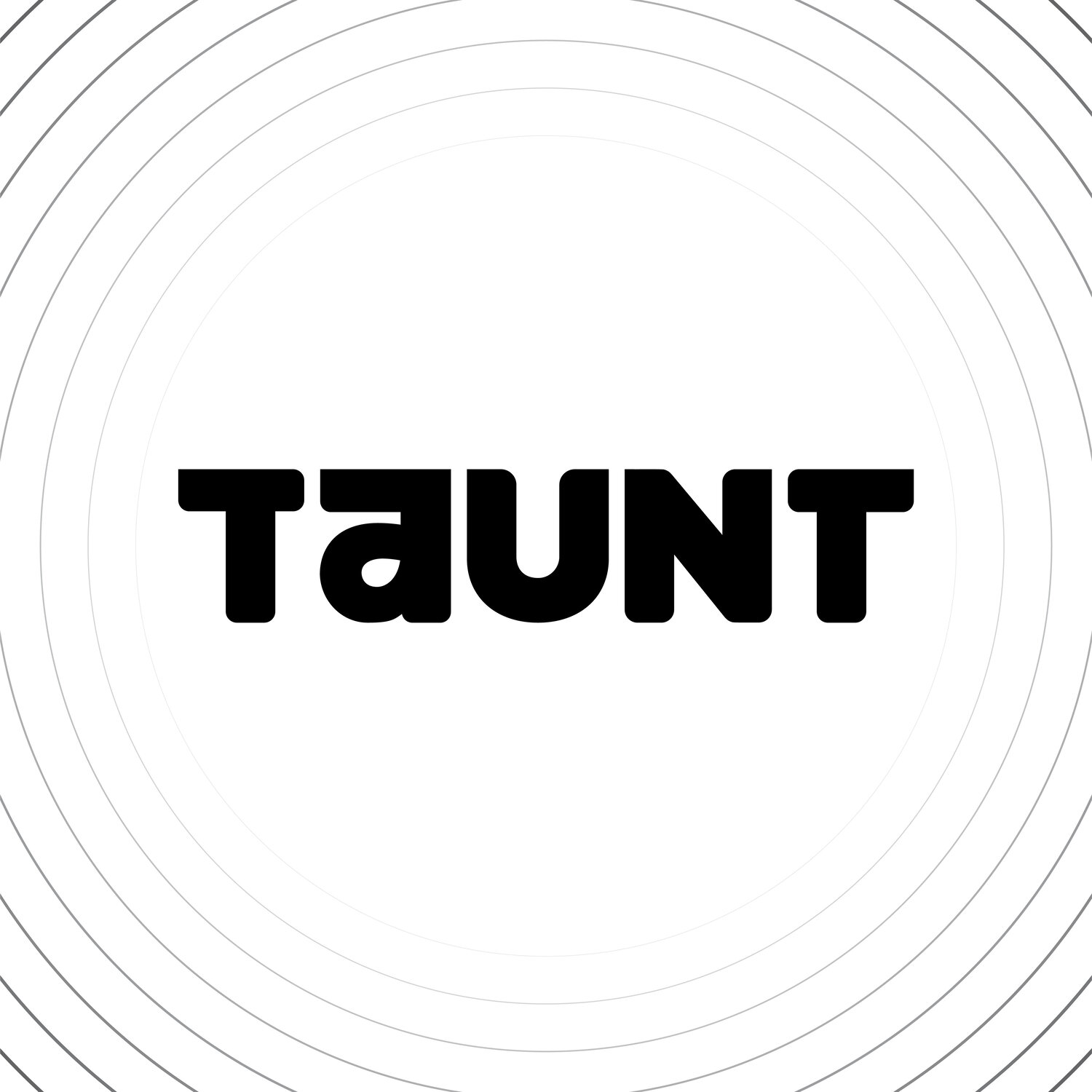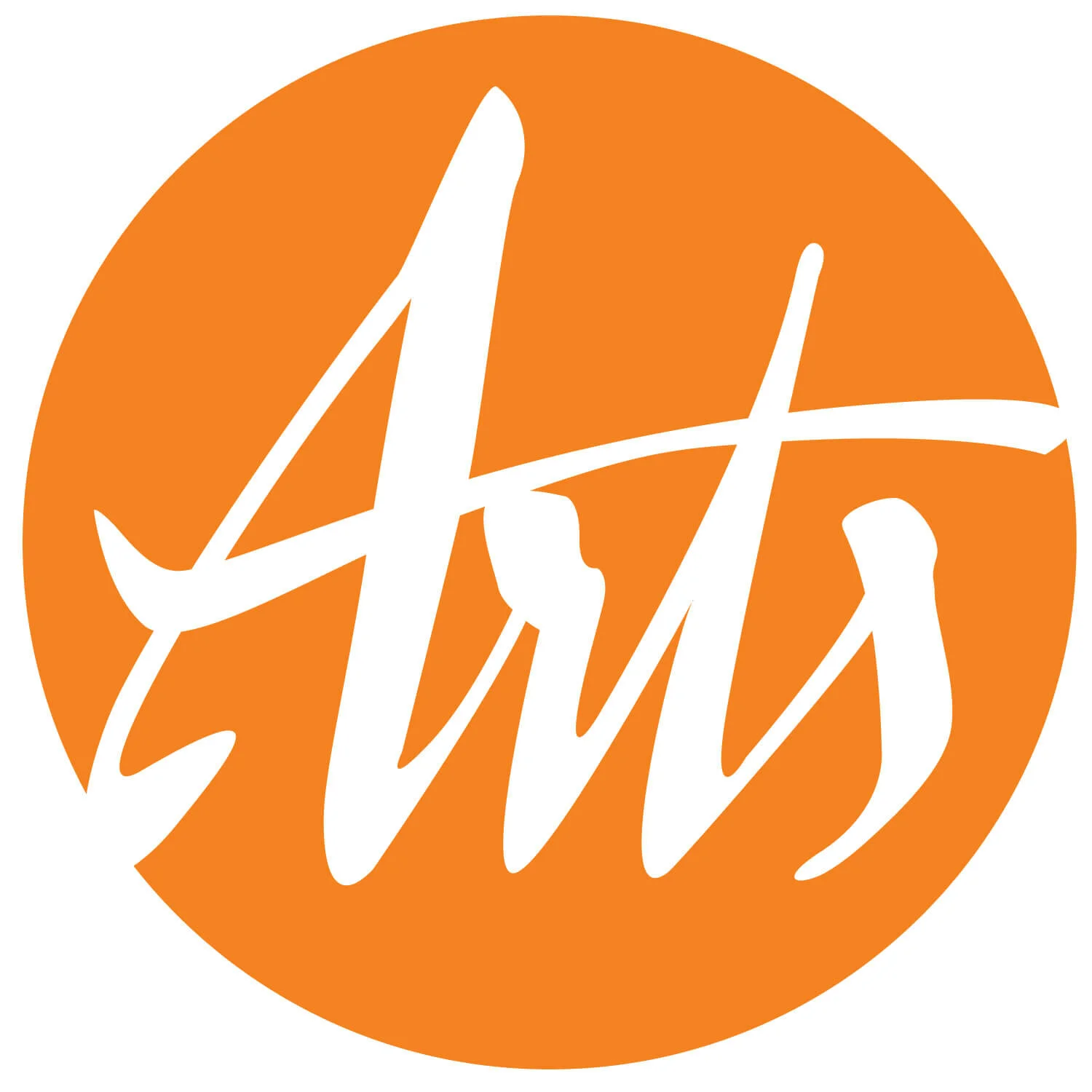
Letter From The Editor
Photography by Adam C. Nadel
This month’s guest editor is Brianna Harlan. is a multiform artist and organizer. She works in community intervention and re-contextualized objects to inquire on how sociopolitical identity affects health, intimacy, selfhood, and community. In 2020, she collaborated with Nancy Baker Cahill to create an AR Monument for Breonna Taylor. Her equity in arts initiative has been featured in ARTNews. Brianna’s been the artist in residence or fellowship at Oxbow, Materia Abierta, and DreamYard. Aside from her practice, Brianna works as a creative, community organizer and strategist for community initiatives including the City University of New York’s Diversity Incubator. She has been a speaker at events under For Freedoms, the Wide Awakes, and the Kentucky ACLU. She is currently completing her MFA in Art and Social Action at Queens College. Her New York gallery debut was a solo exhibition: Black Love Blooms: New York Nook in September 2020.
Cultivating sounds so positive. Just like dreaming, it has a sense of possibility and wish-fulfillment. Unlike dreaming, it’s an action that requires a labor that goes beyond us. I see the dream as the planting, the seed as the potential. Cultivation determines how things will grow from there. Sometimes we cultivate other people or with other people. If the life of something has ever been your responsibility,
you understand the complexity. It can be the life of a houseplant, a child, an idea, or your own. At some point it stops being about the seed or the planting and starts being about the plant – and the conditions that surround it. Cultivation is compared to nature in a few articles. It makes sense. Nature adjusts and collects what it needs, giving and receiving for balance. Everything has its way.
As conditions change and swirl around us, care is relentless, we are tested or feel successful. Care has to be ready to acknowledge and address the truth of it. No one can be the expert in something we’re always tumbling around in. We do the best we can and work for our best to grow. Cultivating requires us to acknowledge the loss of control. To be responsive to something, you have to listen to it in the ways it needs; that’s a big reason why this issue is full of conversations. Cultivating doesn’t exist in a vacuum of the self.
I was talking to Ms. Elmer Lucille Allen about her methods and the methods of my nana, Mattie Jones. Expert cultivators don’t do things for shallow desire or immediate need. Ms. Elmer said, “Your grandmother was involved in political things but I am not involved in that way. I never did participate in a march. I support the people who march. I have a Breonna Taylor collage on my dresser. You can support causes in other ways.” She sends out emails with encouragement and opportunities to artists she has connected with. Sometimes, she shares something interesting she has recently experienced. Every time she sees me at a gallery she gives me a hug and a kiss on the cheek, wanting to know what’s new. Ms. Elmer is actively nurturing the ground we grow on. Aside from her own creative practice, she brings opportunity, connection, and positive energy to the community. It makes a difference.
I am reminded to lift my head and look around me. Often, we’re most cultivated by experiences that are shared with us. Laser focus can have us missing out on beautiful opportunities. You can stay in your lane but still look around at the scenery; pay attention to the signs in case you want to make a stop or change course; keep the radio on to learn along the way. Community is cultivation. A collective is cultivation. We build ourselves and each other. To quote Octavia Butler’s The Parable of the Sower, “All that you touch you change. All that you change changes you…” We’re all cultivators and nurturers. The question is what, how, how much? For better or for worse?
This issue of TAUNT is full of perspective and experience, cause for reflection. Because this is about working ideas, actions, and behaviors rather than phenomena, I challenge you to explore yours at least as deeply as the Cultivate contributors. Let us know what you find.
<3 Brianna
Thank You to
Quappi Projects
This issue was made possible in part by a generous donation by the artist John Brooks. Visit John’s Nulu contemporary art Gallery, Quappi Projects, “featuring artists whose works are reflective of the zeitgeist.” Currently on exhibit is Lori Larusso’s “Rogue Intensities” until June 12th.
Thank You to
the Fund for the Arts
This issue was made possible in part by a generous grant from the Fund for the Arts Black Artist Fund. Thank you for believing in Minda’s vision and supporting Black women publishers, editors and writers. (Also, shout out to Whitney Williams who lent her expertise in grant writing.)
Thank You To Our Friends 🖤
Spencer Jenkins
Spencer graciously welcomed TAUNT under his umbrella at Queer Kentucky to help us launch. This is a partnership, a friendship, and a momentum that cannot be stopped. Please visit and support Queer Kentucky’s fight for LGBTQ+ visibility in the Bluegrass State.
David Welker
David Welker designed our TAUNT logo and the STATUS QUO social media teasers. He is also designing our upcoming merch (Crop tops are coming, y’all!).
Jon Fleischaker & Michael Abate
Jon and Michael were unbelievably generous with their time and encouraging of TAUNT’s mission to toy with what Louisville’s media scene should look like.
Josh Moss
Thank you to Joss Moss for his mentorship and early enthusiasm for TAUNT. TAUNT appreciate’s Louisville Magazine’s collaborative spirit in helping spread the word about the new kid on the scene.
Deedra Tate
Deedra Tate and Don Meredith Co. printed our big ol’ thank you postcards. And they did the things you want most out of a printer – For the job to be fast and done right. If you’re trying to get a handwritten thank you in the mail, donate to TAUNT.
Our 300+ Donors
Folks from all over the country tossed cash TAUNT’s way during a global pandemic because they believed in Minda and the believed Louisville is a city worthy of the nation’s concern. Let’s get heard.








